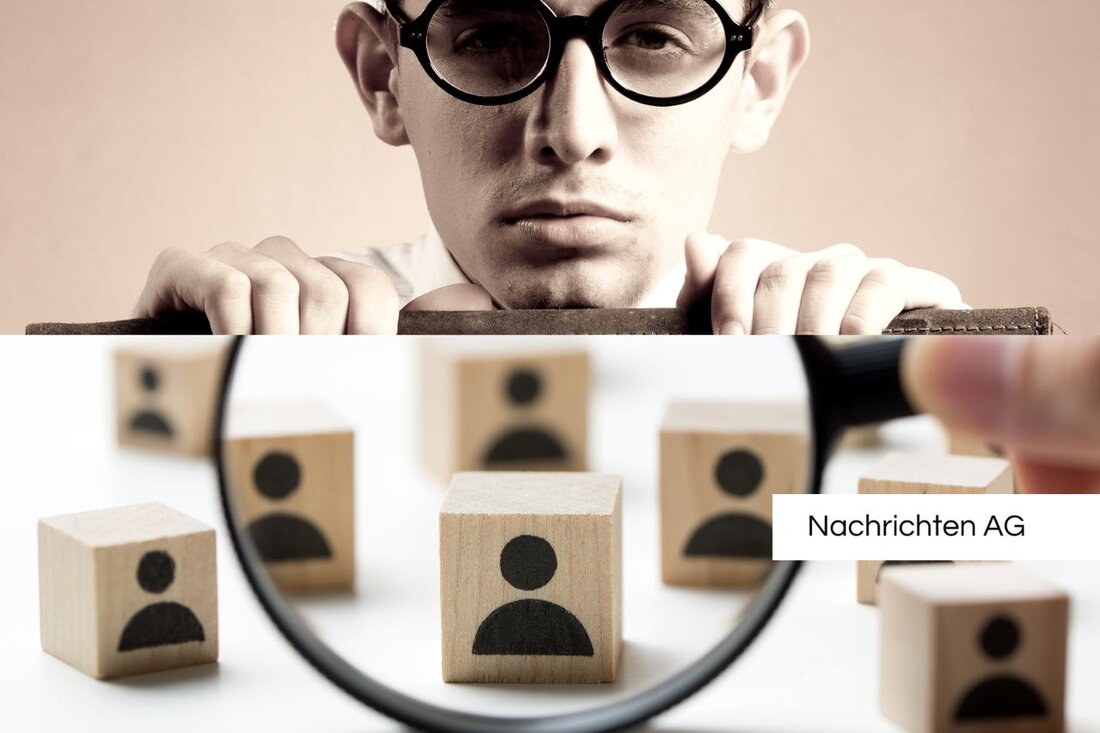Life imprisonment for Syrian doctor – torture in the Assad regime exposed!
A Syrian doctor was sentenced to life imprisonment for crimes against humanity at the Frankfurt am Main Higher Regional Court.

Life imprisonment for Syrian doctor – torture in the Assad regime exposed!
A difficult sentence for a Syrian doctor: 40-year-old Alaa M. was sentenced to life imprisonment at the Frankfurt am Main Higher Regional Court for crimes against humanity. This sustained guilty verdict is no coincidence; The court found that the man committed unthinkable atrocities in military hospitals in Syria during the brutal Assad regime between 2011 and 2012, during which scores of prisoners were tortured and killed. The particular severity of the guilt led to the ordering of subsequent preventive detention to ensure that the man could not harm society again, as Deutschlandfunk reports.
The trial against Alaa M. began in January 2022 and lasted over three and a half years, during which the seriousness of the allegations became increasingly clear. As an assistant doctor, he was part of a medical team known as the “elimination group” at the military hospital in Homs and a prison facility in Mezzeh. According to one of the allegations, he seriously injured at least nine people and killed two others. These crimes were targeted attacks on civilians perceived as opponents of the regime, which can clearly be classified as crimes against humanity. These crimes are regulated by internationally applicable norms such as the Rome Statute of the International Criminal Court, which forms the basis for such proceedings, which Tagesschau highlights.
Public interest and security measures
Alaa M. vehemently denied the allegations and described himself as the victim of a conspiracy. However, this did not stop the court from drawing a clear line. The trial was characterized by anonymized testimony to protect witnesses from possible reprisals by the Assad regime, which attempted to influence the proceedings until its fall at the end of 2024. These circumstances highlight the difficulty of obtaining justice in cases of crimes against humanity and bring into play the importance of the principle of universal justice, which allows countries to take action against such crimes, even if they were committed outside their borders.
In 2015, when Alaa M. fled to Germany, he began working as a doctor in Hesse. However, his life in Germany was abruptly interrupted in 2020 when he was arrested after being identified by witnesses in a TV documentary. The trial over the previous years was not only a legal procedure, but also a public affront to the unimaginable crimes in Syria that have been the order of the day since the beginning of the country's civil war.
Legal and moral implications
The conviction of Alaa M. highlights the importance of being held accountable for crimes against humanity. These crimes are not just national issues, but concern all of humanity and are clearly defined in international law. The term “crimes against humanity” itself has evolved over time, beginning with the Nuremberg Trials and continuing through various international legal traditions, culminating in the Rome Statute, in force since July 1, 2002. In Germany, the criminal offense is covered by the International Criminal Code, which makes it possible to prosecute such acts regardless of where they were committed, as Wikipedia explains.
Overall, the verdict against Alaa M. sends a strong signal: the international community will not be intimidated and will prosecute criminals to account, even if they believe they are outside the reach of the law. A powerful reminder that justice takes time, but it is coming.

 Suche
Suche
 Mein Konto
Mein Konto